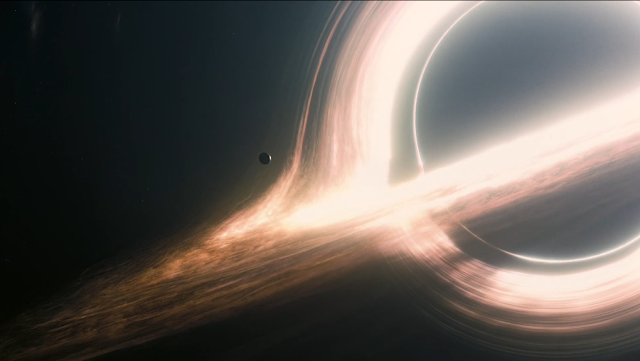Wednesday, October 11, 2017
Metropolis: Anti-Industrialism and Populism in Weimar Germany
Warning: Spoilers for Metropolis ahead. I highly suggest that you watch it; the most recently restored version can be found on Netflix.
The New Tower of Babel looms over the massive futuristic city of Metropolis. Joh Fredersen, the city's industrialist boss, watches over all. His son, Freder, lives a paradisaical life in the eternal gardens. Underneath the luxurious city, however, is a second city of workers, powering the machines that keep Metropolis running. Unbeknownst to the above-ground, a young activist named Maria urges the workers to search for a mediator between the two classes and end the inequality. Meanwhile, Fredersen's rival, the mad scientist Rotwang, creates a robot capable of taking human form.
Such is the premise of Fritz Lang's 1927 science fiction masterpiece Metropolis. It was made in Germany, during the culturally and politically turbulent times of the Weimar Republic, and this is evident in more than just the language the characters speak. The film advances an anti-industrialist worldview that could even be described as anti-American, and highlights both the successes and downfalls of populist movements.
Lang was given the idea for the city of Metropolis by a visit to New York City in 1924, and the influences of New York's architecture on the film are clear, particularly in the abundance of Art Deco buildings. Though impressed by New York City's scale, Lang saw the bright lights and tall buildings as little more than distractions from real problems of inequality. He imagined Metropolis as a natural progression of the industrialization and capitalism of America.
This anti-industrialist sentiment was informed by more than just a visit to New York, of course; it stemmed from the economic conditions of Weimar Germany. The Weimar Period was marked by hyperinflation, high unemployment, and sharp class divides, largely as a result of burdensome reparations and poor economic decisions. As a result, discontent with the upper-crust industrialists who gained power before and during World War I was widespread in Weimar Germany.
Metropolis also examines the virtues and vices of populist movements, tending more toward the latter. Despite its rather Marxian view on class inequality and class struggle, its portrayal of a revolution is one of easily manipulated, vicious mobs. The worker's revolution in Metropolis proves to be pointless and counterproductive.
The negative portrayal of populism is, again, a reflection of the Weimar Period. In the first half of the 1920's, Weimar Germany had seen two major left-wing populist uprisings, one in Bavaria and one in Ruhr. Neither were effective in achieving their goals, and both were brutally crushed. Lang likely drew from these counterproductive revolutions in his own portrayal of revolution.
More foreboding was the growth of the Nazi party between 1920 and 1923. Though temporarily stalled by the failure of the Beer Hall Putsch, they had shown that a radical populist movement could gain support rather quickly. Lang saw this, and portrayed the mob mentality that led to the rise of the Nazi party; in Metropolis, the workers are incited by Rotwang's robot (disguised as Maria) to destroy the machines that keep the city running. They are so rabid in their fury that they forget to evacuate the children from their underground city, and the children nearly drown due to a pump failure.
Lang was perhaps naive to think that such rabid populism could have a happy ending; Metropolis ends with Freder fulfilling his role as the mediator, and cuts to its most famous line, "The mediator between head and hands must be the heart!" Unfortunately, Lang's worst fears about populism came true when the Nazis came to power at the start of the 1930's.
Subscribe to:
Post Comments (Atom)
Interstellar: Science!
Warning: Spoilers for Interstellar ahead! This blog post will be a little bit different from the others because I will, instead of ...

-
Warning: Spoilers for 2001: A Space Odyssey ahead. I highly suggest that you watch it. Unfortunately, it cannot be found on Netflix. ...
-
Warning: Spoilers for Metropolis ahead. I highly suggest that you watch it; the most recently restored version can be found on Netflix....
-
Warning: Spoilers for Interstellar ahead! This blog post will be a little bit different from the others because I will, instead of ...




No comments:
Post a Comment